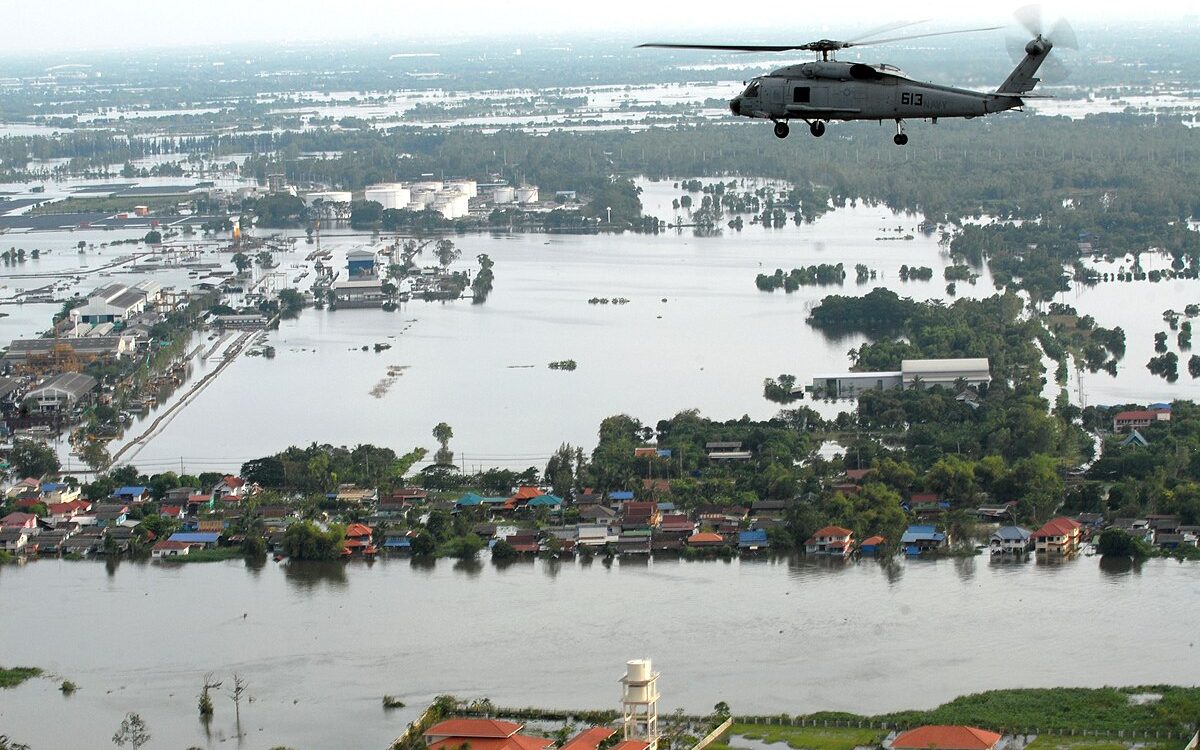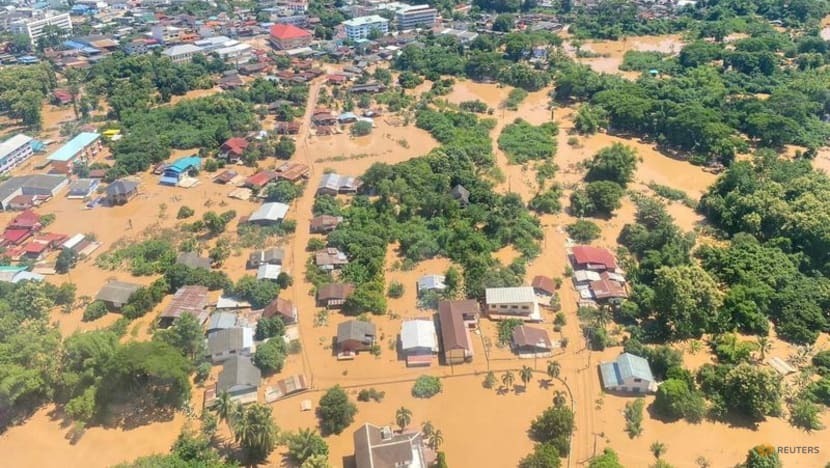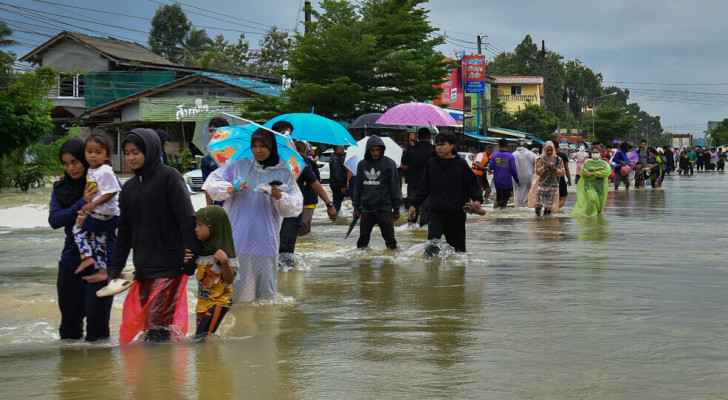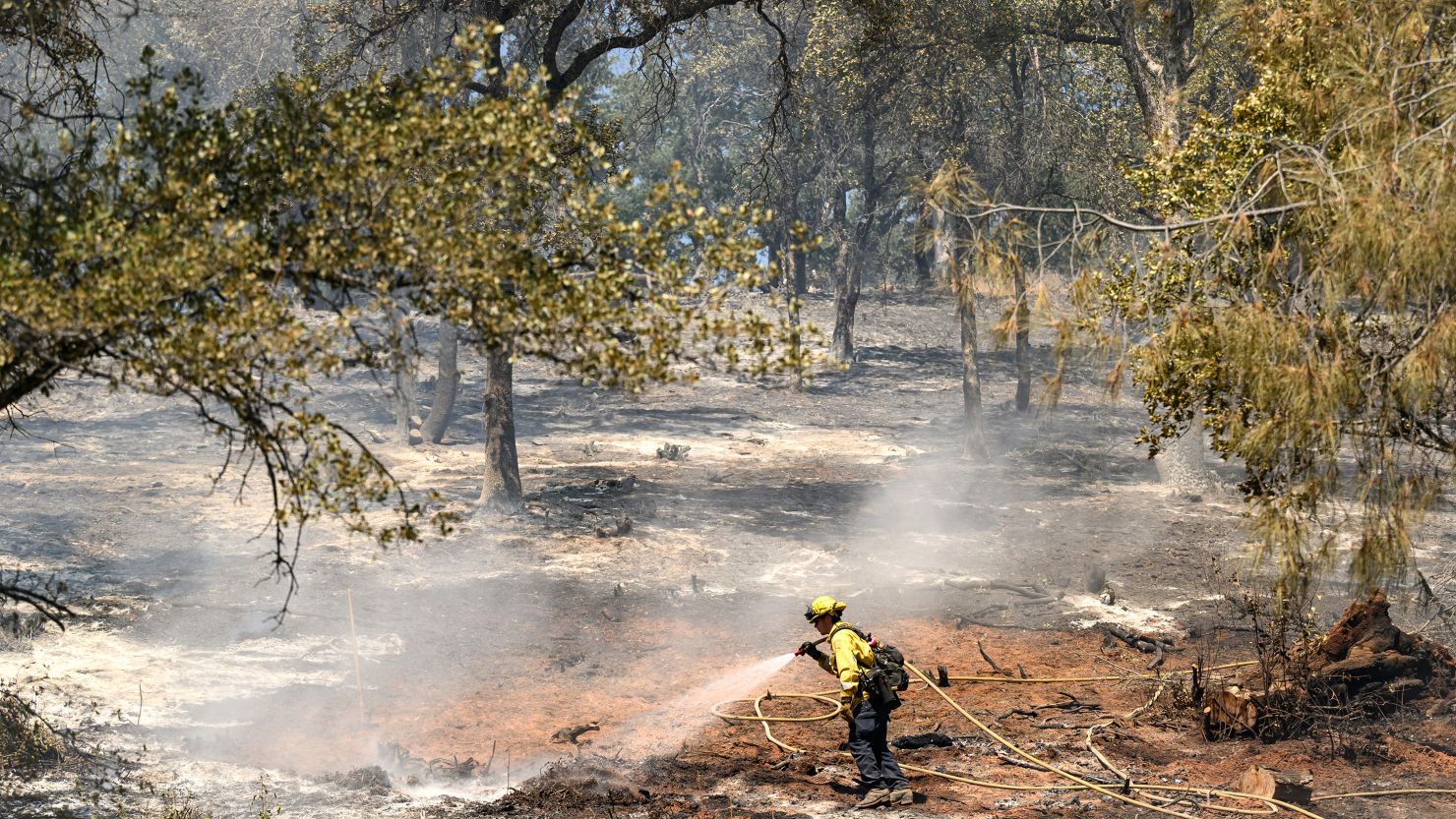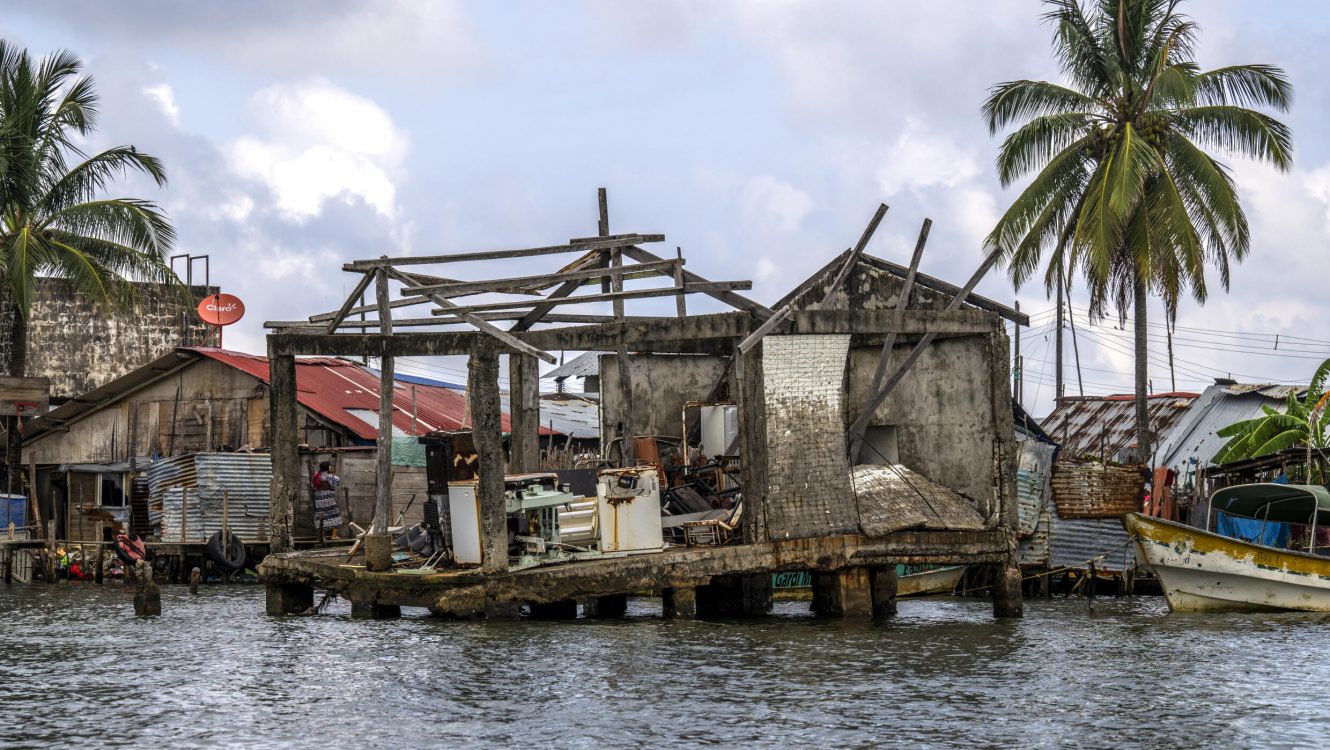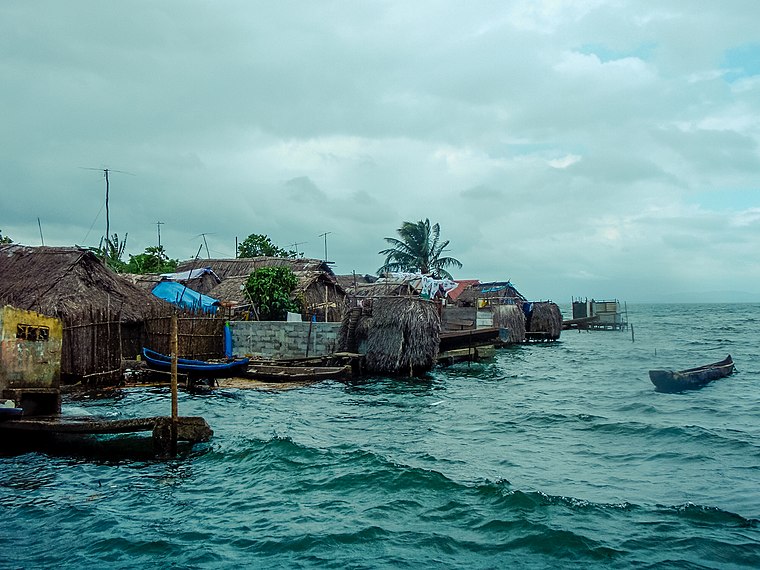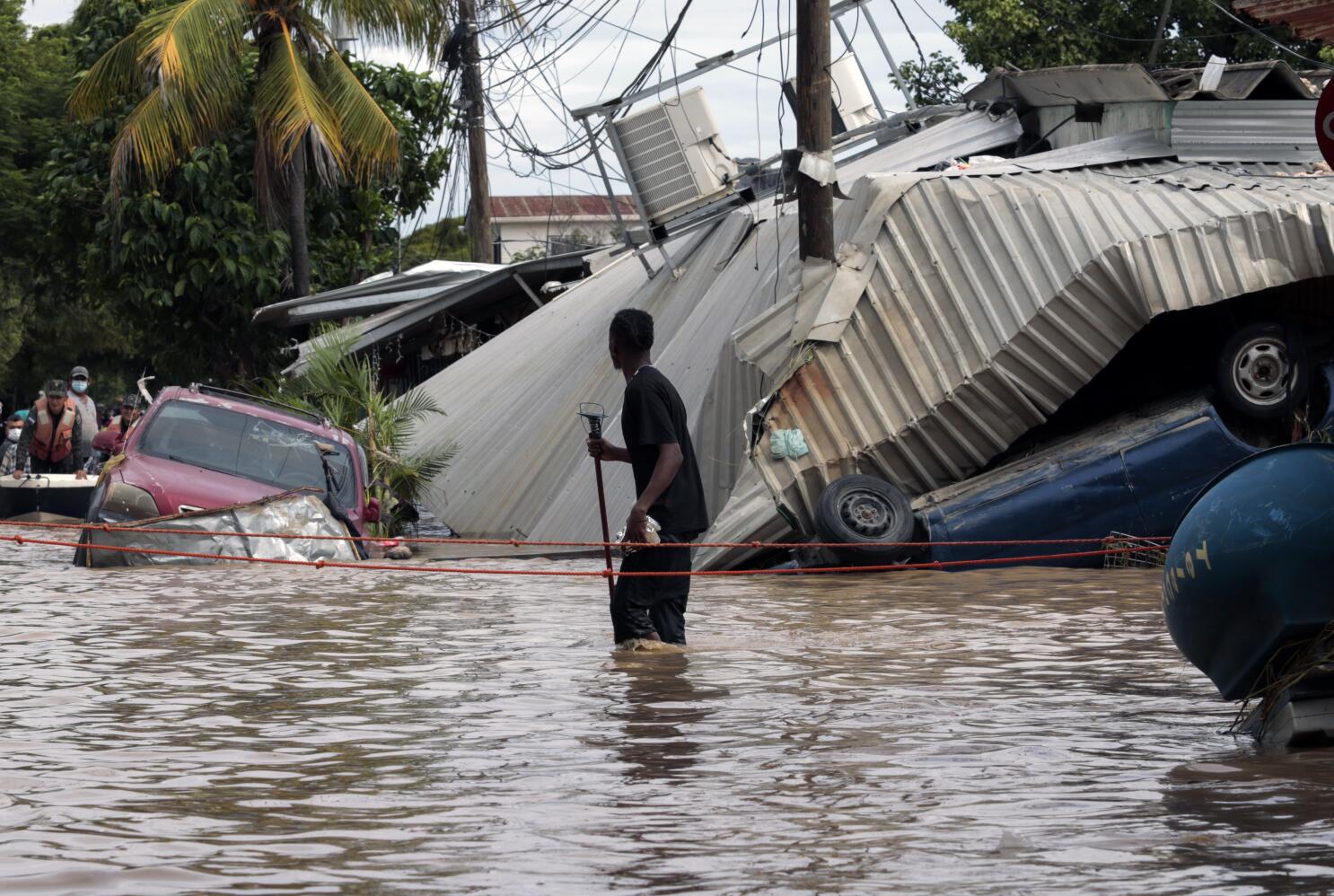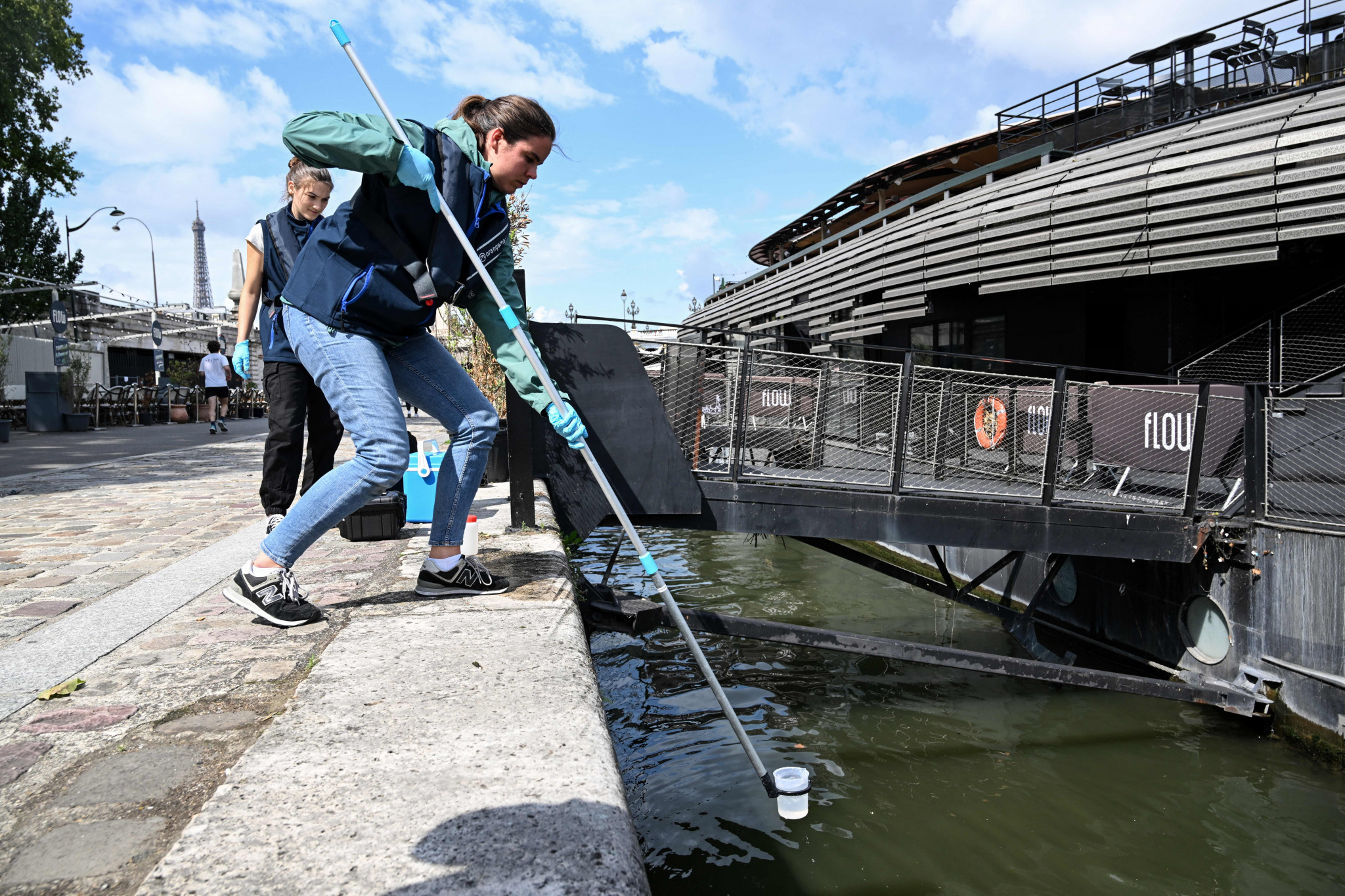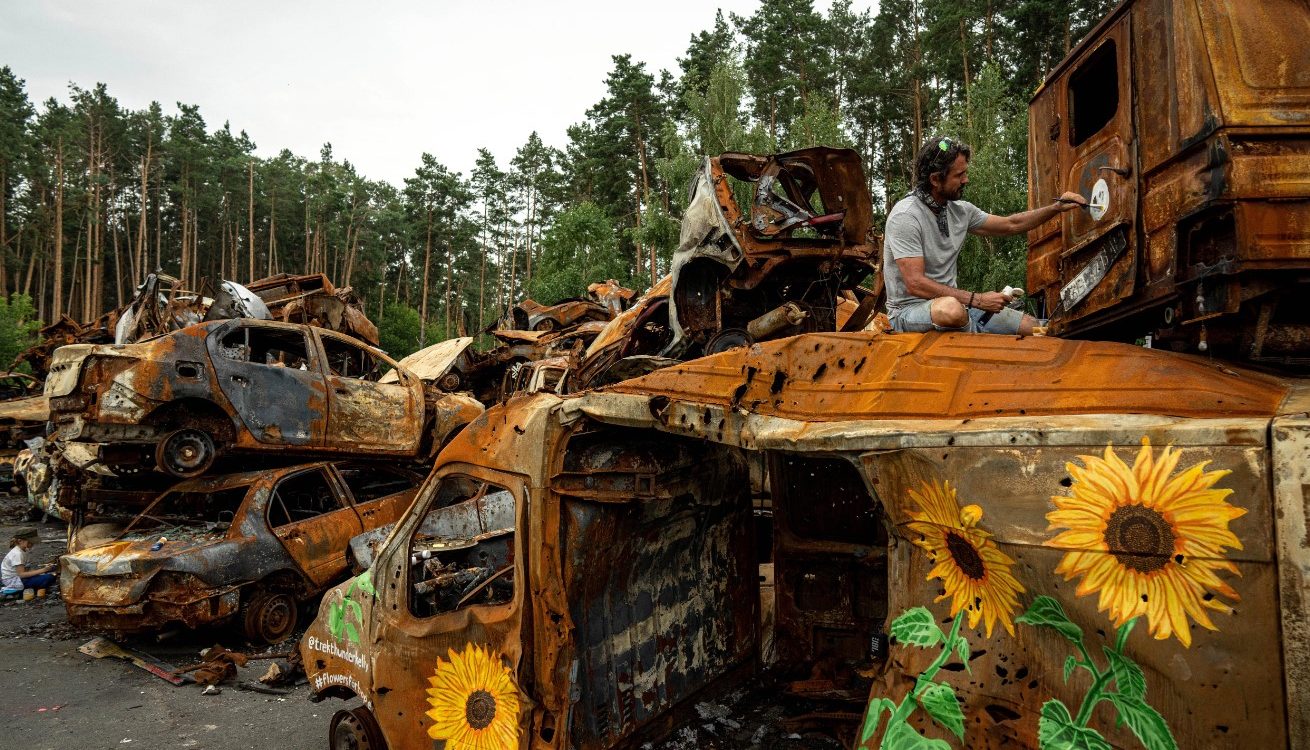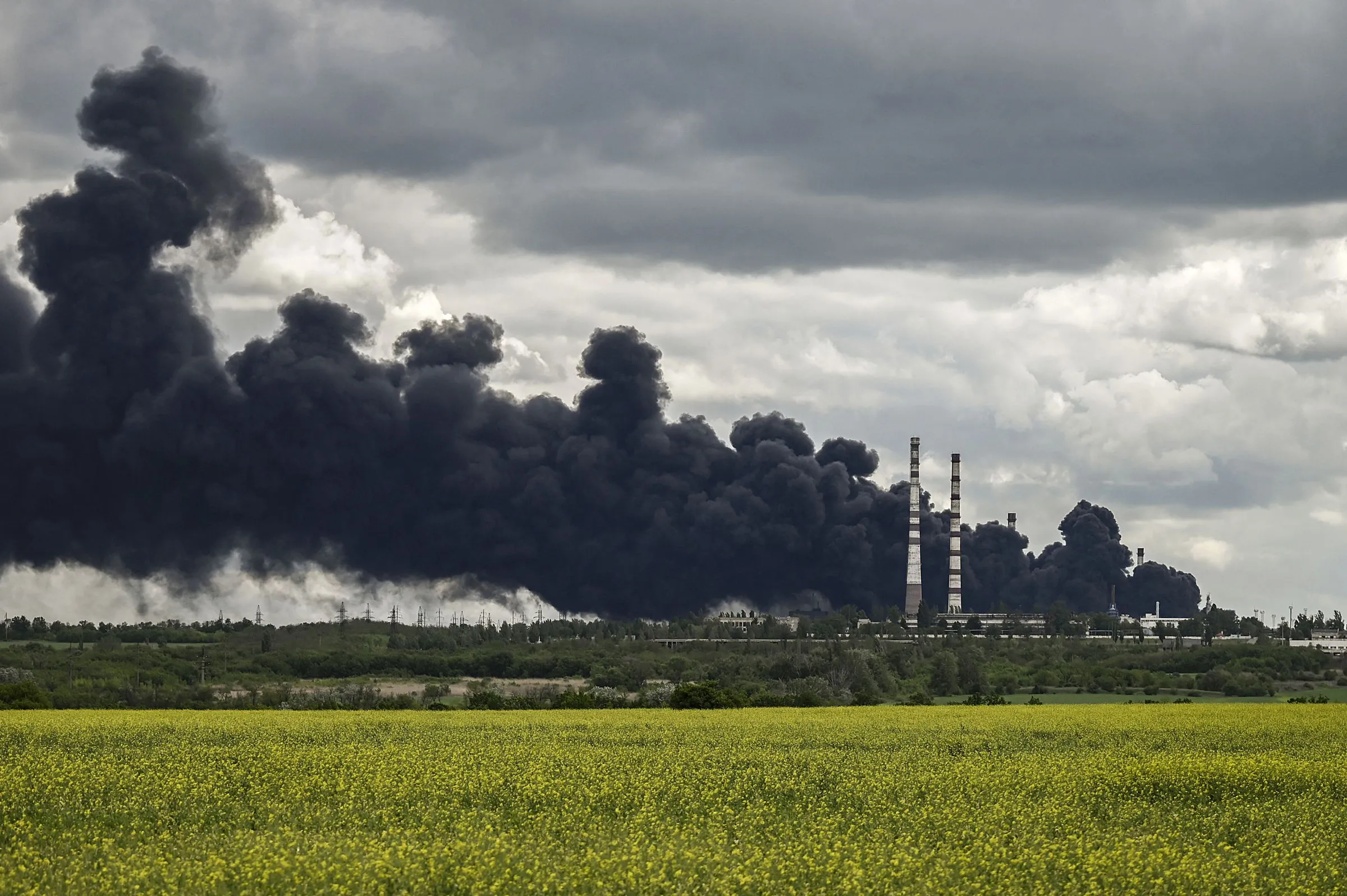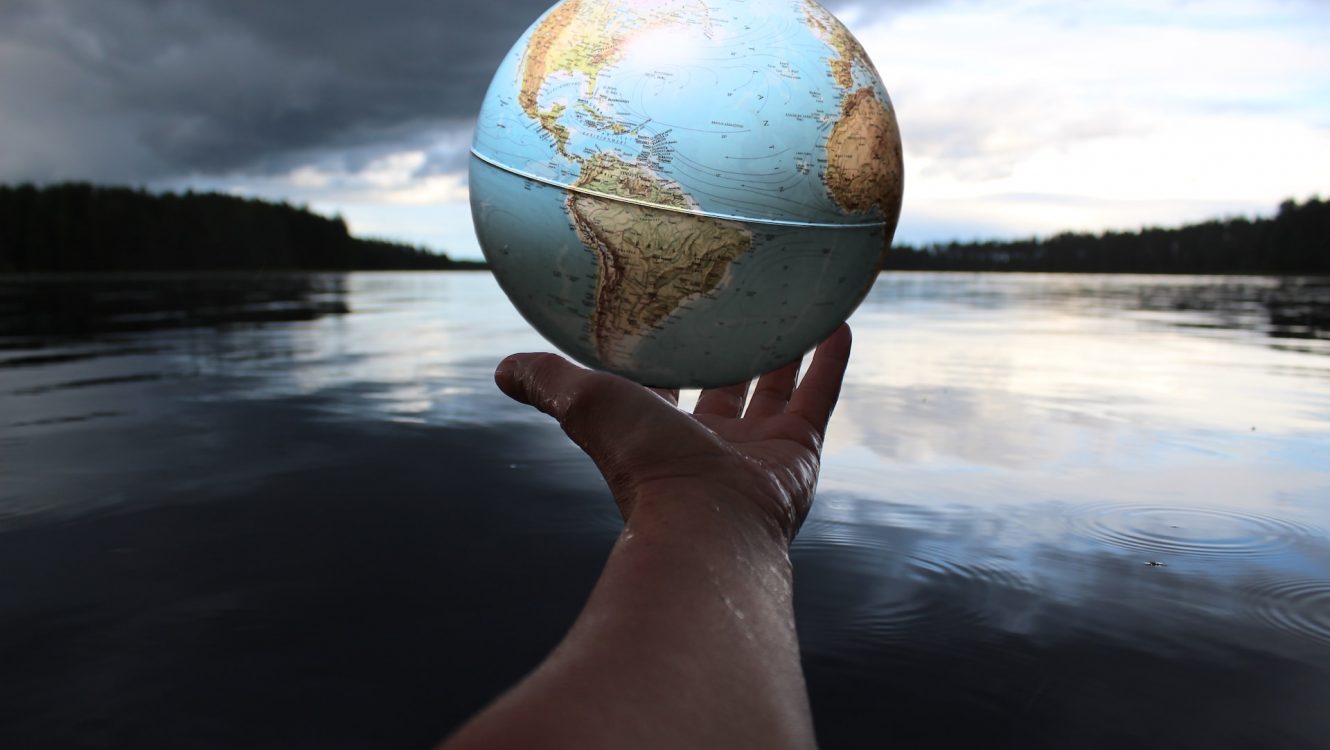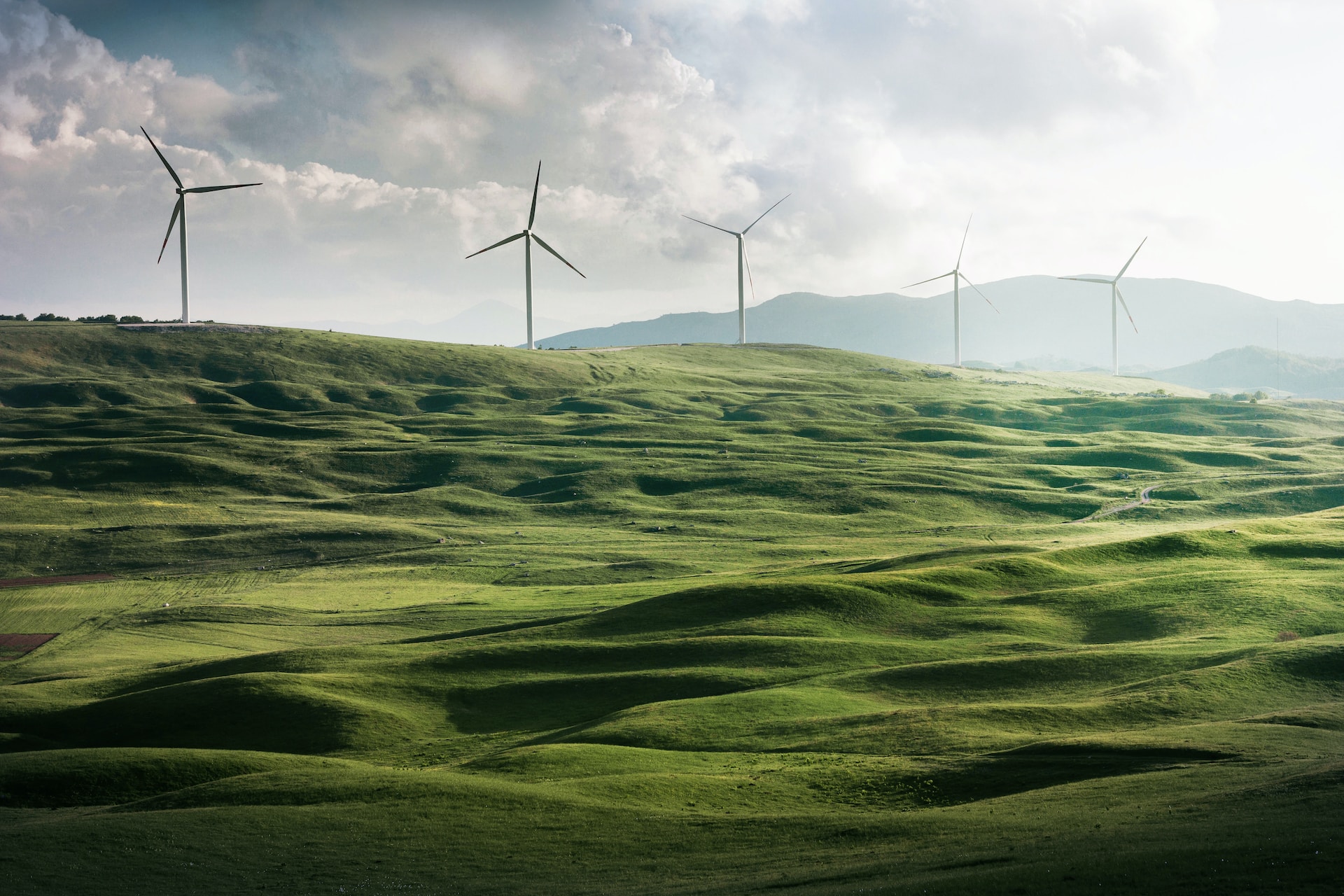$64 Million Fine: Brazil Targets Meatpackers Buying Cattle from Deforested Amazon
Brazil is taking a bold step in the fight against rainforest destruction, issuing $64 million in fines to several meatpacking plants. The companies are accused of buying cattle raised in deforested areas of the Amazon, which not only damages the ecosystem but also contributes to the further destruction of one of the planet’s most important natural resources. The decision highlights the government’s commitment to cracking down on illegal practices and protecting the region’s unique flora and fauna. The fine is part of a broader environmental and reforestation strategy, and could have a significant impact on the country’s meat industry.
JBS hit with big fine as Brazilian authorities crack down on illegal deforestation in Amazon
Brazil’s environmental agency IBAMA has fined cattle ranches and meat processing plants 365 million reais (about $64 million). Among the offenders was the world’s largest company, JBS SA, which was caught raising and buying cattle on land illegally cleared of forest in the Amazon region.
According to IBAMA, the agency identified 69 properties that sold 18,000 cattle raised in deforestation, and 23 meat processing companies that purchased the cattle in the states of Pará and Amazonas. The enforcement operation targeted violations of deforestation restrictions in the Amazon, focusing on monitoring the supply chain related to the production and sale of cattle that were obtained in violation of environmental regulations.

JBS denies the allegations that it buys livestock from areas identified by IBAMA. “All purchases cited by IBAMA were not made in embargoed areas,” the company said. In a statement, JBS stressed that its geospatial monitoring system ensures strict controls, allowing the company to avoid buying animals from farms engaged in illegal logging, which violates the rights of indigenous peoples, or located in protected natural areas.
Agriculture and the Environment: Agribusinesses’ Commitments to Protecting the Amazon Rainforest
Large-scale cattle ranching and land clearing for timber or soybean crops are the main causes of deforestation in the Amazon rainforest.
These processes have a devastating effect on the ecosystem, threatening both biodiversity and the region’s climate stability. In 2013, in response to growing environmental concerns, several meatpacking companies, including major players in the industry like JBS, entered into settlements with prosecutors. As part of these agreements, they agreed not to purchase cattle from ranches that had illegally cleared forests or that had been blacklisted for environmental violations.
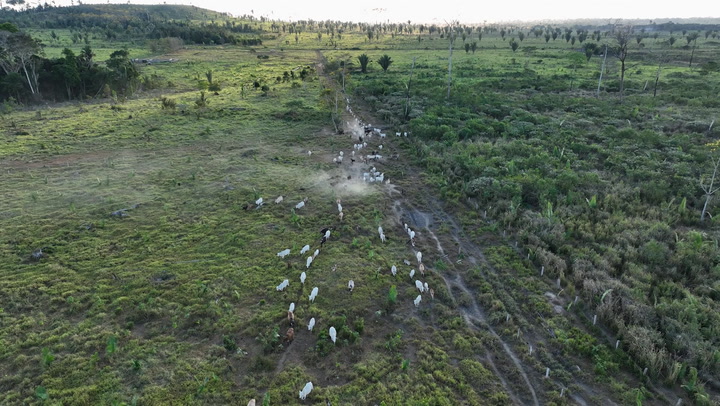
This collaboration between businesses and governments is an important step in efforts to combat illegal deforestation. But achieving significant results requires not only compliance with agreements, but also transparency in supply chains. JBS and more than a dozen other large agribusinesses have also committed to eliminating deforestation from their supply chains by 2025. This commitment includes not only direct suppliers, but also indirect ones who sell to middlemen, who sell to meat packers.
This decision is part of a broader strategy to protect the environment and promote sustainable agriculture. Agricultural companies understand that in order to preserve the ecosystem and achieve long-term sustainability, they need to implement practices that minimize their ecological footprint. An important step in this direction will be the creation of effective monitoring and management systems that will allow monitoring compliance with environmental standards at all levels of the supply chain. This is the only way to stop further deforestation and preserve the unique natural heritage of the Amazon for future generations.






